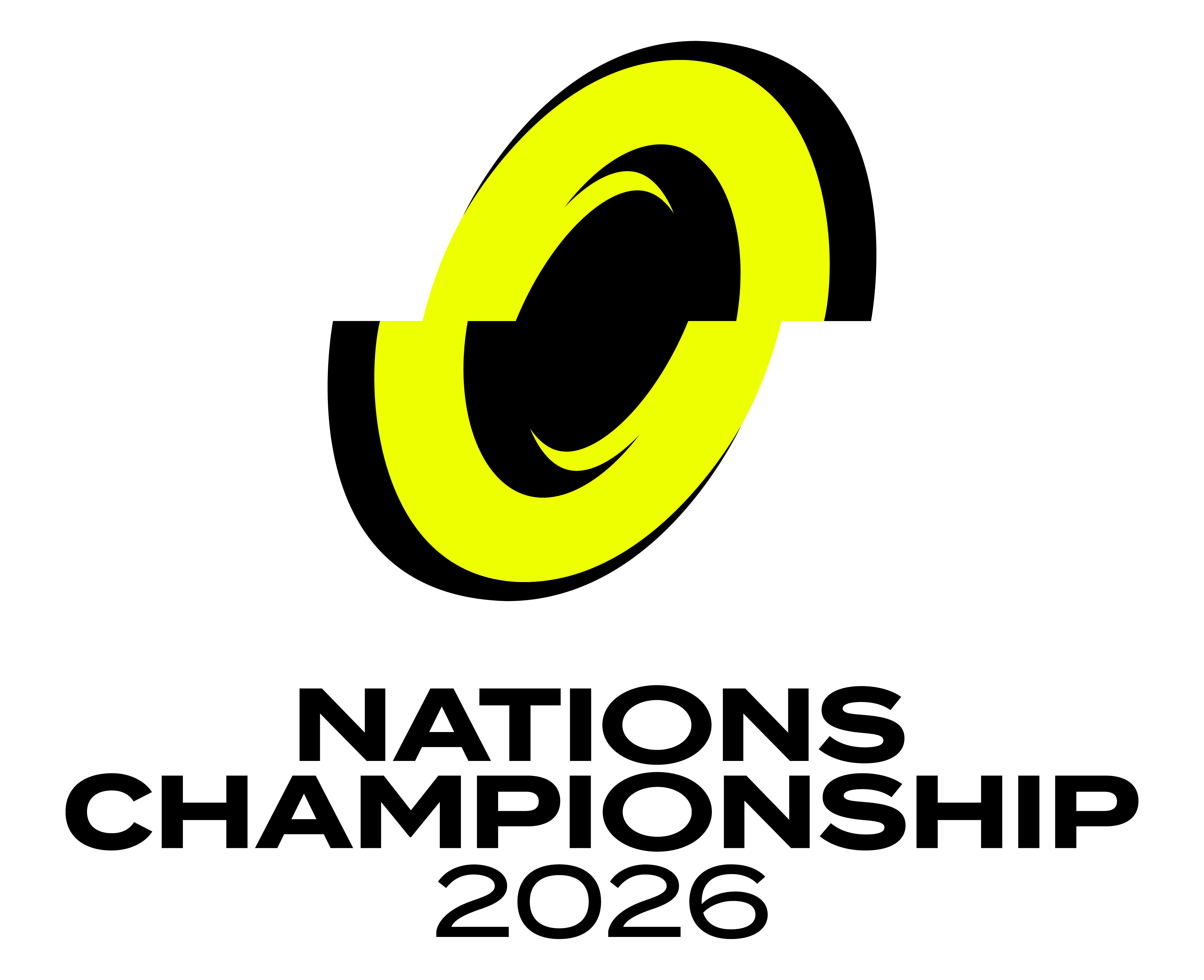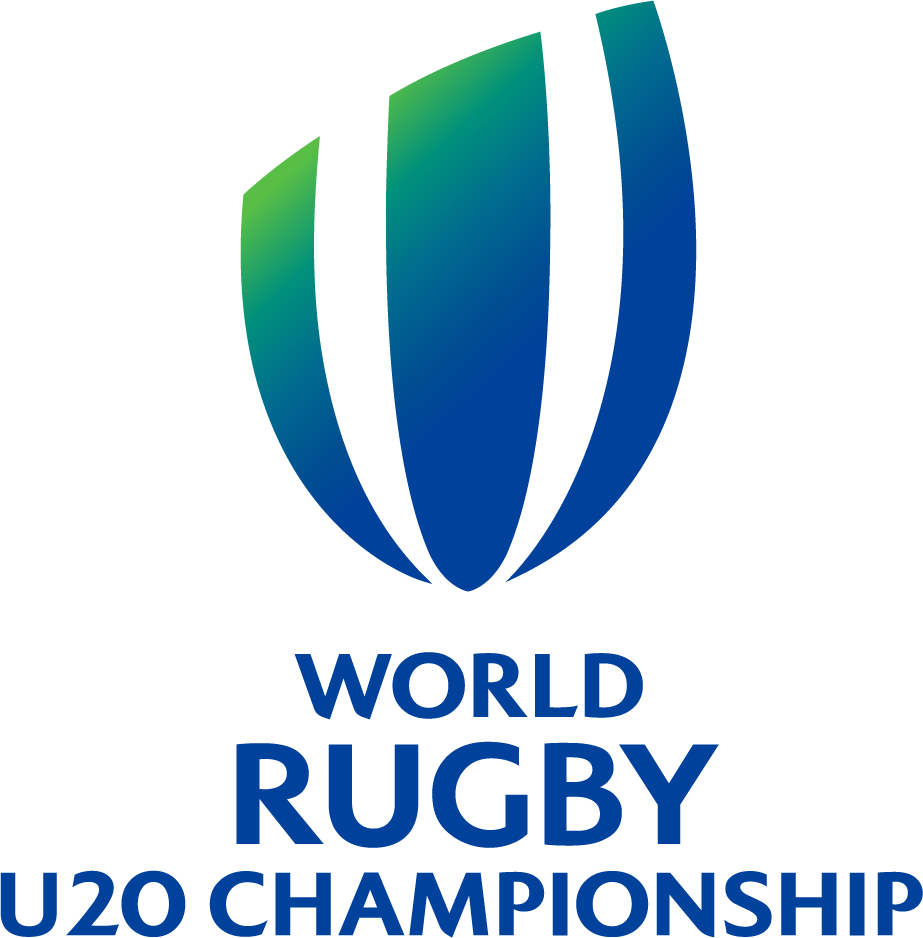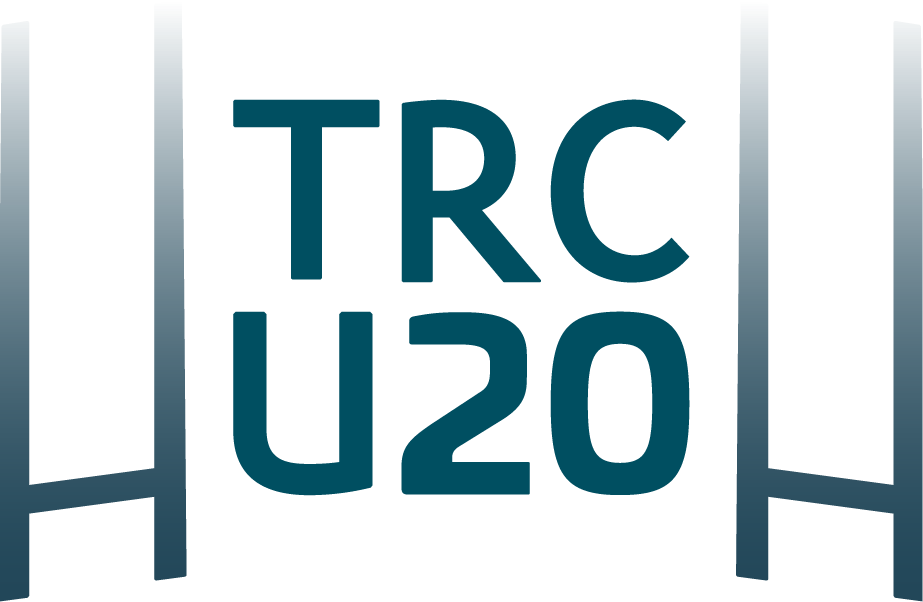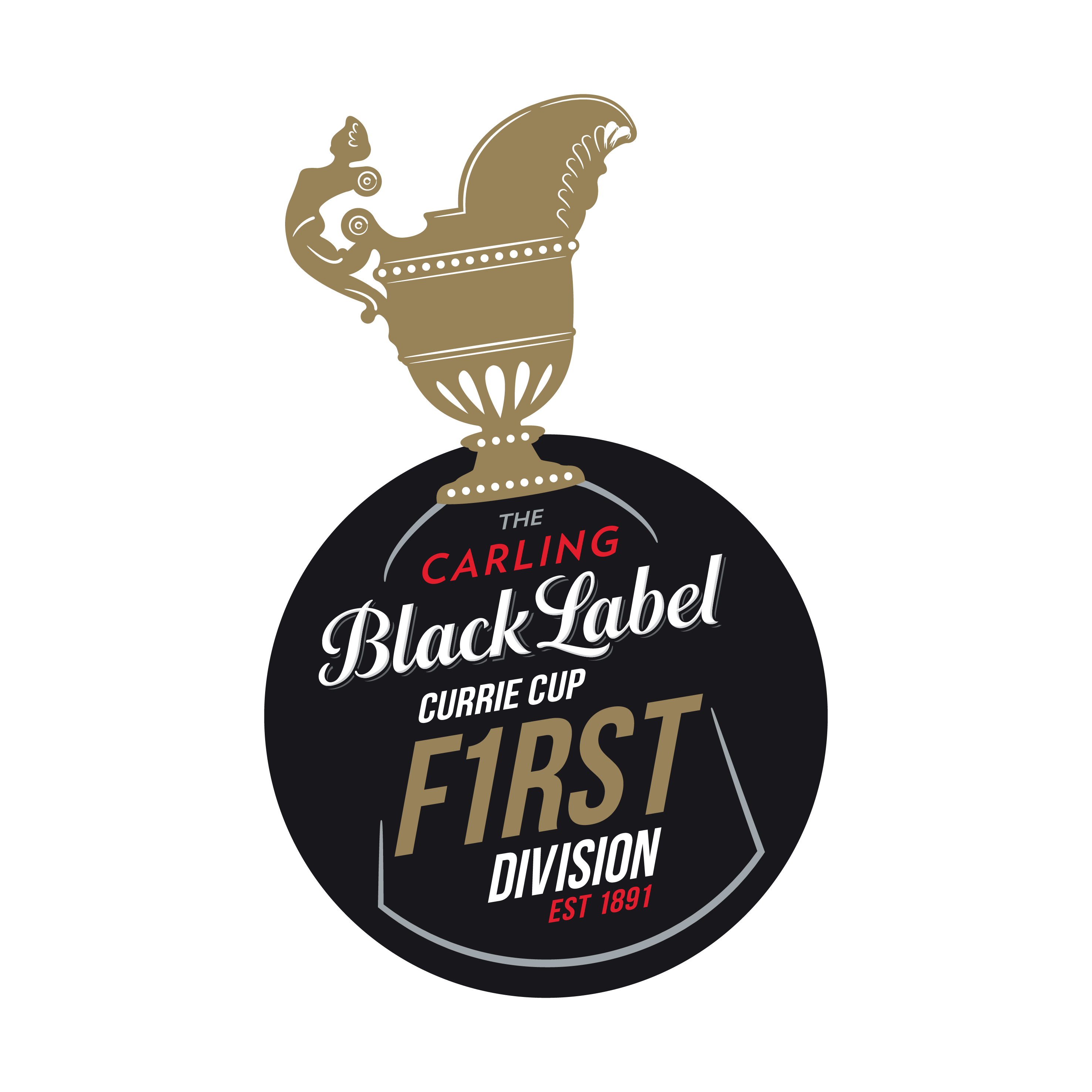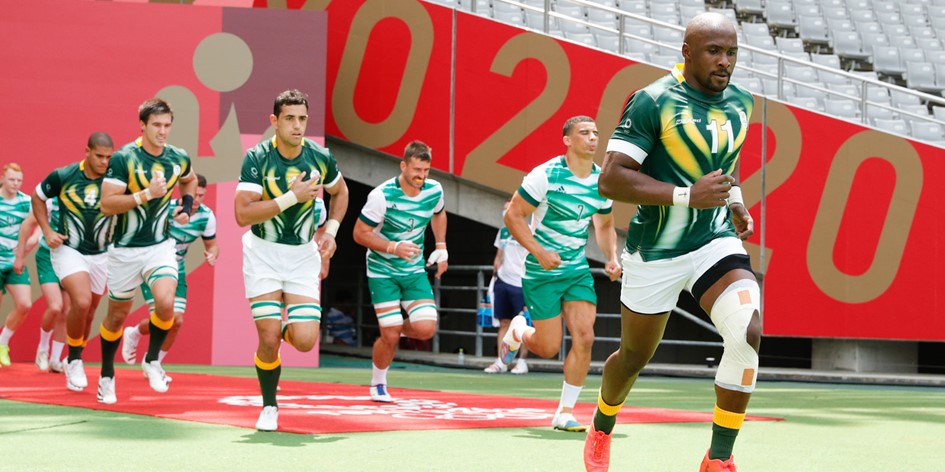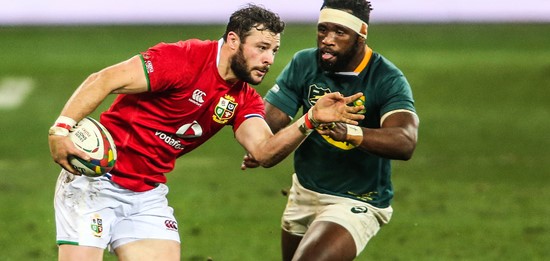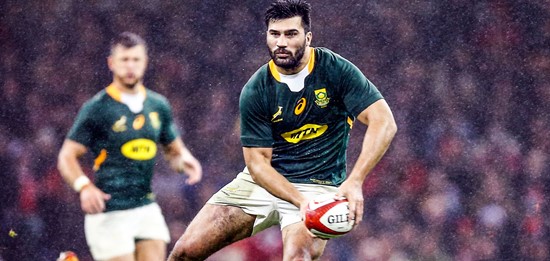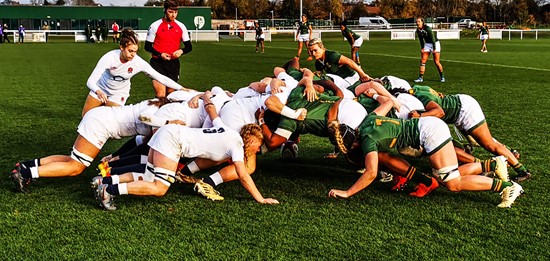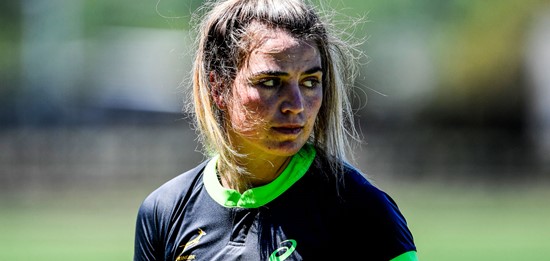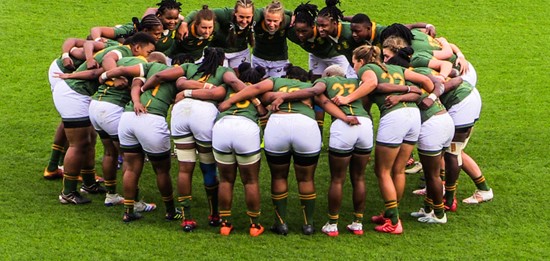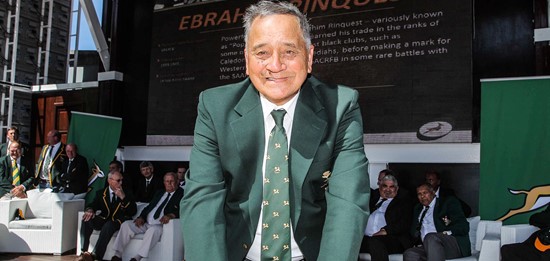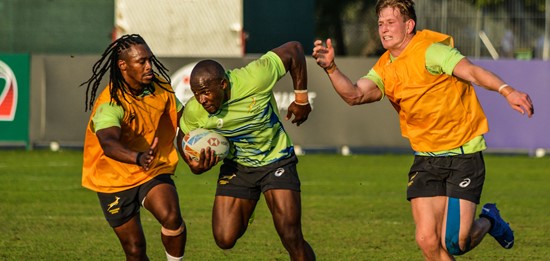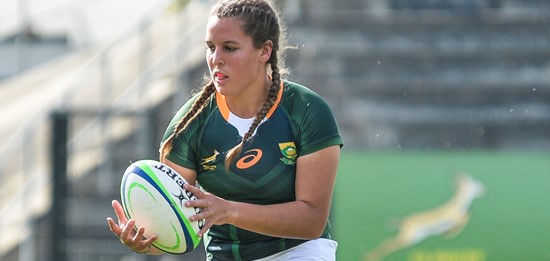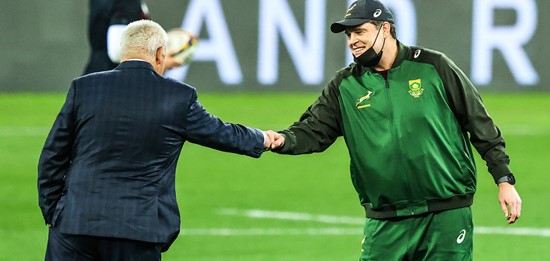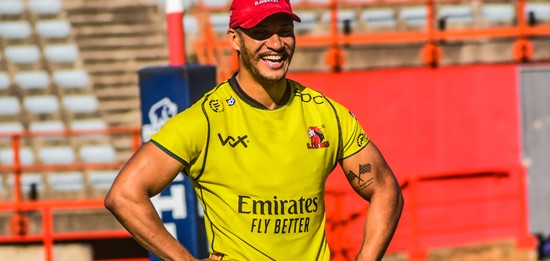As the sport prepares to return to HSBC World Rugby Sevens Series action with the 2022 Series kicking off in Dubai on 26-27 November, new independent research insights from Nielsen highlight the effect of Olympic participation on engaging fans around the world, particularly in emerging rugby nations.
Following sevens’ memorable Olympic debut at Rio 2016, which was estimated to have attracted 30 million new fans, the stage was set for the sport’s highly anticipated second Olympic appearance in July 2021, in the wake of the record-breaking success of Rugby World Cup 2019 in Japan.
While Fiji and New Zealand took men’s and women’s honours on the pitch respectively, off the field the Games were tailored to the huge worldwide broadcast audience as there were sadly no fans in attendance due to the COVID-19 restrictions, meaning Tokyo was the first truly digital Olympics.
Anticipating this unique scenario, World Rugby launched the ‘This is how we sevens’ campaign in June, promoting the exciting, dynamic and action packed nature of rugby sevens and showcasing the breadth of personalities within the sport while aiming to connect with a younger, more diverse global audience.
World Rugby’s digital platforms performed superbly to achieve 22 million video views, 3.4 million social media engagements – up 77per cent from Rio 2016, and capture 313,000 new social media followers in July alone. The Olympic hub website received 522,000 page views, almost double the number in Rio, while more than five million emails were sent to fans that had signed up to receive sevens news.
These results saw World Rugby ranked the second fastest growing international federation among team sports in terms of percentage growth on social media during the Olympics.
Gender equality was a key message in the narrative of the Tokyo Games and the outstanding women’s rugby sevens competition produced extraordinary content with the gold medal final taking place on ‘super Saturday’. World Rugby’s social channels achieved a strong equity of coverage with 44 per cent women’s content, 48 per cent men’s and eight per cent unified.
Independent Nielsen research conducted across 11 established and five emerging rugby nations in September 2021 again highlighted the positive and far-reaching impact of Olympic participation on the sport.
Interest and awareness continue to grow with an overall increase in followership of the Olympic rugby sevens event from 28- 37 per cent across the nations that were surveyed in both 2016 and 2021.
The impact of Olympic participation on the sport is of huge significance, demonstrated by the growth from 26 per cent in 2016 to 41 per cent in 2021 in agreement that rugby sevens being in the Olympics has ‘increased my interest in the sport’, with Germany and the USA recording particularly strong results.
In emerging nations 54 per cent of the general population agreed the Olympic competition has increased their interest in the sport, with 35 per cent in established nations, where 43 per cent of the general population watched sevens for the first time.
In established rugby nations, more recent rugby fans, female rugby fans and fans under the age of 34 were most likely to report the Olympic event as their first sevens tournament, demonstrating the importance of the Olympics in generating awareness and attracting new types of fans to the sport.
In the emerging rugby nations, such as Brazil, China, Germany, India and the USA who were involved in the study, 44 per cent of the general population reported following the Olympic event, with 26 per cent watching some part live.
For 63 per cent of those in emerging nations who watched the Olympic event it was their first rugby sevens viewing experience, significantly higher than in established nations, suggesting the Olympic event is vital for reaching new fans around the world.
Overall sentiment from the Olympic event was extremely positive with ‘competitive, entertaining, exciting and fast’ the top attributes associated to the sport.
Results also showed that rugby sevens’ strong relationship with the Olympic Games continued to increase following the Tokyo Games with agreement that ‘rugby sevens is a good fit for the Olympics’ rising nine per cent across all respondents from 2016, with 61 per cent approval in emerging nations.
World Rugby Chief Executive Alan Gilpin attended the Games in Tokyo and welcomed International Olympic Committee President Thomas Bach on the traditionally popular ‘Super Saturday’ of the Games to witness an outstanding women’s final that saw New Zealand’s Black Ferns Sevens overcome France to claim gold.
Gilpin said: “Due to the absence of fans in the stadium, Tokyo 2020 was the first completely digital Olympic Games and this provided an opportunity to really focus on connecting with fans on our digital platforms through our innovative and dynamic ‘This is how we sevens’ campaign.
“The strong social media statistics and research insights shared today, helped by the incredible and inspirational performances of the players and teams on the pitch, clearly demonstrate the huge impact that Olympic participation has in enabling us to reach new, younger and more diverse fan groups across the globe, particularly in emerging rugby nations.
“As we begin to emerge from the challenges of the global pandemic, the future of rugby sevens is incredibly bright and 2022 is shaping up to be a huge year for the sport with the HSBC World Rugby Sevens Series followed by the Commonwealth Games in Birmingham and climaxing in what promises to be a hugely exciting Rugby World Cup Sevens in Cape Town in September.”
Fans can already begin to look forward to another edition of high octane, action packed Olympic rugby sevens competition as the Paris 2024 Olympic Games are just two and a half years away.










